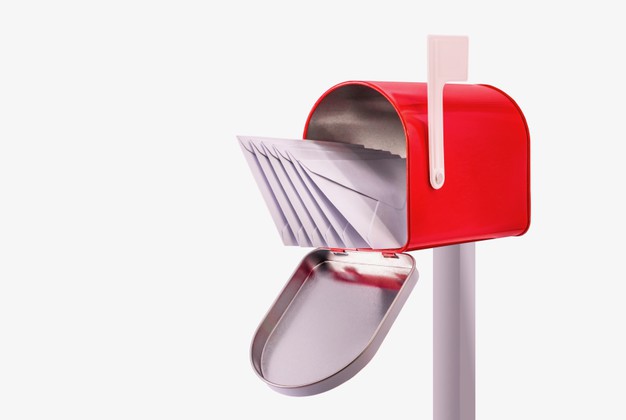
Table of Contents
No doubt online purchases have surged in the last few decades. Online shopping is much easier than brick-and-mortar shopping. The customers do not have to go to the mall or shopping center, they can view all of their desired products and articles on mobile phones.
Unfortunately, the delivery service is not as good as it should be. The problem is with the address verification process.
Problems of Traditional Address Verification
Misspelled Names
A customer can enter the wrong names of cities or states unintentionally. A business has to cater to thousands of customers in a single day, this problem can take huge time resources.
Inadequate Format
A business has some rules for address data. If the customers are not restricted to follow these rules, they can enter the address in an incorrect format. This can raise problems while understanding and interpreting the address. A business can convert the wrong format into the correct format, but it will take additional resources.
Language Issues
Although this is not a common issue there are still some little chances of its occurrence. A customer can type the address in his native language which is unreadable for the business employees.
Misinterpretation of Acronyms
This is the most general problem of address validation. Most people use acronyms for their ease, and it has become a norm now e.g. UK acronym of the United Kingdom. This is not an issue for famous cities and states, but finding acronyms of less popular cities can raise a problem.
Address Verification Through Documents: The Way Out
In this updated and digital world, the usage of documents is decreasing, but their importance is still very high. The identity verification industry confirms the information by ID documents. The verification is performed by software through an online medium (website or app). The address data can also be confirmed from documents. There are two requirements for address documents:
- Must be issued from any legitimate authority
Not all the documents should be taken as proof of address. The experts have set criteria for this. Any authority (private or public) that has the accurate address of a person is referred to as legitimate authority for example bank, insurance corporation, or government institutions.
- Not older than three months
The older documents have outdated address data. To have updated and the most recent address, the documents should be issued within three months.
Here is the Walkthrough of the address verification system:
- The user onboards on the website of a business by giving his personal details along with address information
- The image of an identity document is uploaded at this step
- An address is given to the verification software
- The name and identification number is matched from both documents
- If matched, the address is extracted from the document through OCR
OCR is a data extraction technology that captures computer typed or handwritten characters or words from images or scanned papers. An online address verification system solves all the above-mentioned problems.
The data extracted from documents have no spelling mistakes and the system automatically corrects the spelling. While extracting data, OCR works on the word level, it compares the captured words with the dictionary. With the most accurate match, the results are given.
The system converts the address into the required format when the data fetching is complete. Normally businesses prefer using the international address format. The format can also be designed by the business according to its choice and ease.
OCR is capable of extracting information from all types of languages. The software translates the address language. While the acronym is not a problem when taking data from documents because they do not have acronyms usually.
Wrapping it Up
Businesses, especially shipment companies, should adopt address verification. It will help them in timely deliveries of parcels. Also, it will save their time and extra costs on the correction of inaccurate addresses. Businesses dealing with money directly like banks can acquire address verification solutions for fraud mitigation and better customer profiling.
















